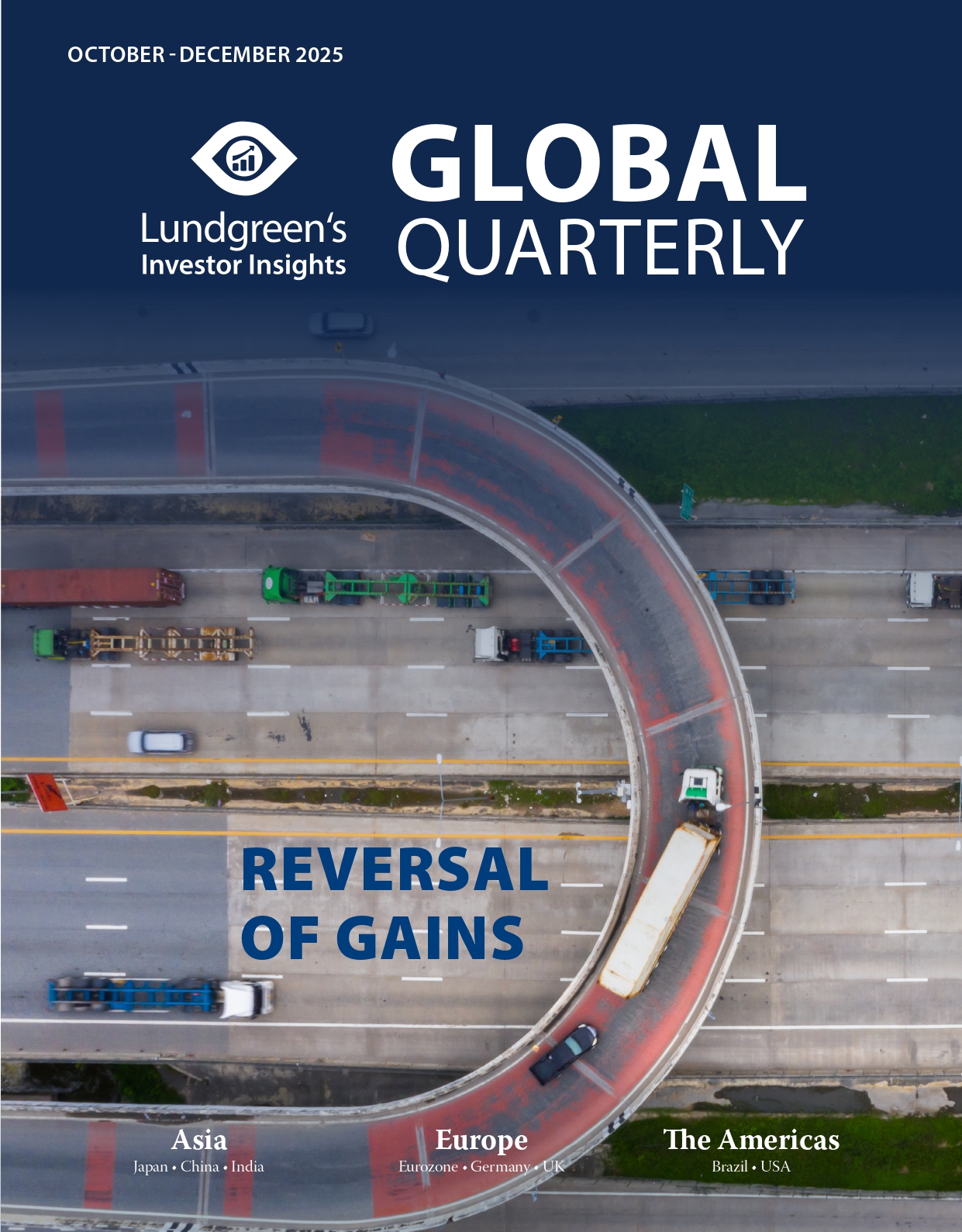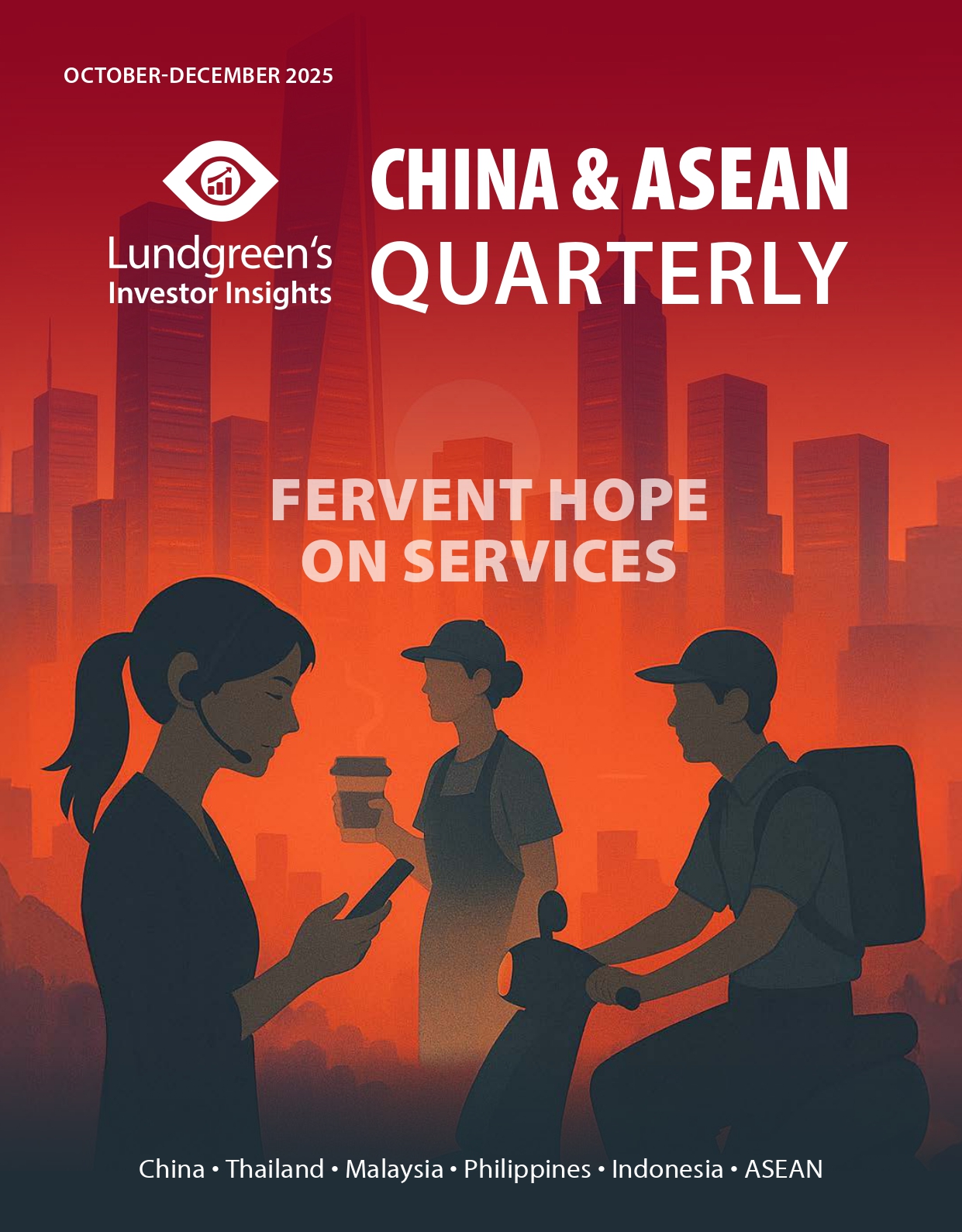Next Week in China: 3-7 March 2025
Major Data Releases:
- 3 March: Caixin to report China February Industrial Purchasing Managers’ Index (PMI)
- 5 March: Caixin to report China February Services PMI
- 7 March: China to report February foreign trade balance
- 7 March: China to report February level of foreign exchange reserves
- 7 March: China to report February gold reserves
- 9 March: China to report February consumer price index (CPI) and producer price index (PPI)
- 9 March: China to report February PPI
Next week, major price-related indices are scheduled for release in Mainland China. Since February is the first month after the Spring Festival break, it is crucial to observe how the economy recovers post-holiday season.
Regarding inflation, we anticipate that the February CPI will revert to around the 0 per cent level after a positive reading in January. The national CPI growth in January expanded mainly due to the Spring Festival, with a month-on-month increase rising by 0.7 per cent from flat movement, and the year-on-year increase picking up from 0.1 per cent to 0.5 per cent. Excluding food and energy prices, the core CPI rose for the fourth consecutive month, rising by 0.5 per cent from December and recording a year-on-year increase of 0.6 per cent, both faster than the prior month. A decline in the prices of agricultural products was again observed post-festival, suggesting that the February CPI increase may fall back to around zero. If the data for January and February are averaged and compared with end-2024 data, the difference is not significant. Overall, prices are still hovering near zero and have not formed a stable upward trend. However, over the past month or so, the Hong Kong stock market has experienced a bull run, reflecting a shift in market views on the economic fundamentals for Chinese markets. This may have a positive impact on the CPI.
For the PPI, we anticipate that the February figure will remain negative. January was an off season for industrial production as workers and factories took a long holiday, leading to a 0.2 per cent month-on-month decrease in the overall PPI. This decline was 0.1 percentage point higher than December. The PPI slid by 2.3 per cent year-on-year, maintaining the same decline seen the prior month. Of the 2.3 per cent PPI decline, the carryover effect accounted for approximately 2.1 percentage points, while the new impact of 2025 price changes was only about 0.2 percentage points. After the Spring Festival, the industrial and construction sectors gradually resumed operations. Coupled with an ongoing rush for exports amid fears of even more tariffs on US-bound goods, these are expected to drive a rebound in domestic industrial prices. However, the issue of oversupply within the industrial market remains significant and some businesses continue to face challenges such as insufficient orders. It is expected that the year-on-year slide of the PPI will narrow, but it will take some time to exit the negative range.
Chinese stocks generally moved lower the past week. As of Thursday, 27 February, the MSCI China Index declined by 0.71 per cent for the week. The Shanghai Composite Index increased by 0.26 per cent, while the Shenzhen Component Index declined by 0.58 per cent and the ChiNext Index decreased by a larger 1.10 per cent. During this period, small-cap stocks outperformed mid-cap and large-cap stocks. From a style perspective, value stocks slightly outpaced growth stocks. Looking ahead, the combination of Spring Festival consumption data with previously released high-frequency data suggests that the “rush to export” may continue, stabilizing the production side, while consumption still requires further stimulation. The economy is likely to continue its mild recovery in February. This week, domestic internet giants have fully launched their efforts, with Tencent’s WeChat integrating DeepSeek’s AI model and Alibaba’s capital expenditures far exceeding market expectations, forming a short-term catalyst for the AI boom and boosting the market’s tech-driven run. Looking ahead, as large AI models continue to evolve and their applications become more grounded, business models will become clearer. Although the tech sector may experience a short-term technical correction due to overheated trading, medium-term industrial trends will still be driven by these developments.
This piece has been co-produced with Yiyi Capital Limited in Hong Kong, a China specialist and a part of a global financial services group.







